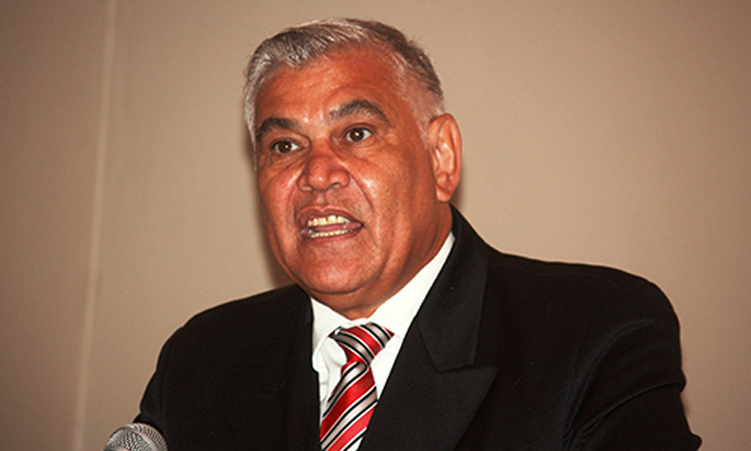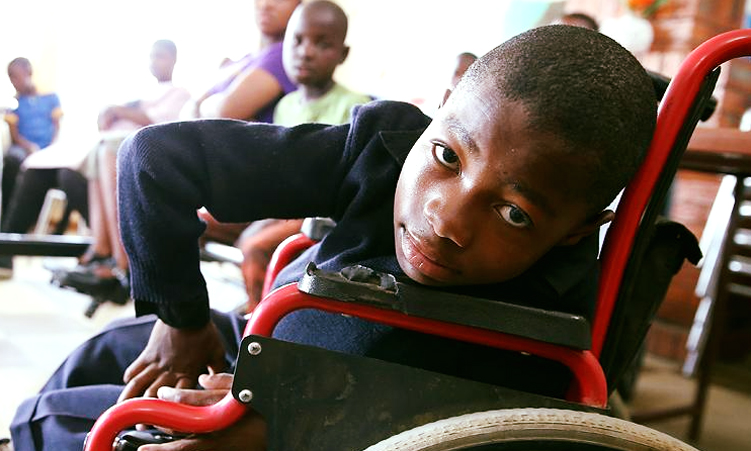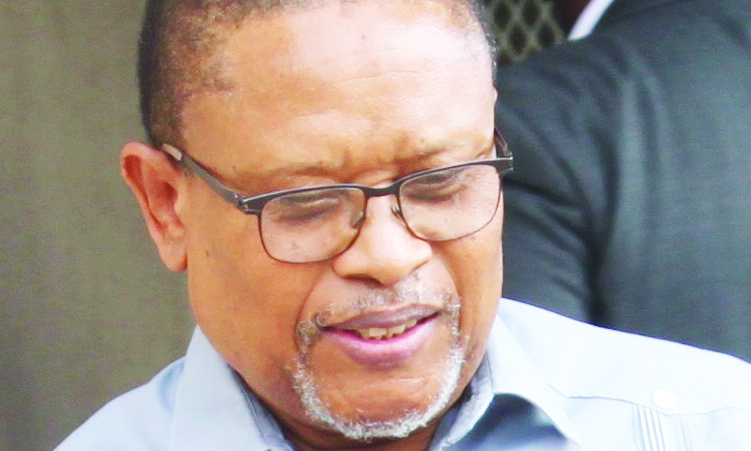THE global economic crisis threatens HIV prevention and treatment gains made by 22 poor countries over the last few years, according to a new UNAIDS and World Bank report.
The report said 22 countries in Africa, the Caribbean, Europe and Central Asia and Asia and the Pacific face disruptions to their HIV prevention and treatment programmes over the course of this year.The report did not name the countries but said 75 per cent of people with HIV live in them.The new report, ‘The Global Economic Crisis and HIV Prevention and Treatment Programmes: Vulnerabilities and Impact’, indicates that eight countries were already facing shortages of antiretroviral drugs or other disruptions to AIDS treatment.The report says there was already an impact on HIV prevention programmes focusing on high-risk groups such as sex workers, drug addicts and gay men.’This is a wake-up call which shows that many of our gains in HIV prevention and treatment could unravel because of the impact of the economic crisis,’ said Michel Sidibé, Executive Director of UNAIDS.’Any interruption or slowing down in funding would be a disaster for the four million people on treatment and the millions more currently being reached by HIV prevention programmes. We need to show solidarity with people living with and affected by HIV just as they are beginning to hope for a better future.’The joint report says that in some countries, the affordability of antiretroviral treatment was affected by falling household income and wages, as well as the increased cost of antiretroviral drugs caused by exchange rate devaluations.Furthermore, the report suggests that poor nutrition could also force people to stop treatment, as not eating the right foods impairs drug effectiveness.Community networks or support groups, which are the only social safety nets for the poor, were also being crippled by the financial crisis to the point of collapse and the availability of antiretroviral treatment was being threatened by budget cuts.It said many respondents were concerned that the financial sustainability of antiretroviral treatment programmes that depend mainly on external aid was uncertain.There are no reports of substantial cuts in donor assistance for 2009, but respondents in nearly 40 per cent of the surveyed countries report that the current funding commitments for treatment programmes will end in 2009 or 2010, and most fear that external assistance will not increase or even be maintained at current levels.The UNAIDS/World Bank report outlines a number of urgent steps which are needed to maintain and expand access to HIV treatment and prevention during the global economic crisis and beyond.It suggests better use of existing funding, especially in countries facing cuts in their national AIDS response budgets.
Stay informed with The Namibian – your source for credible journalism. Get in-depth reporting and opinions for
only N$85 a month. Invest in journalism, invest in democracy –
Subscribe Now!






